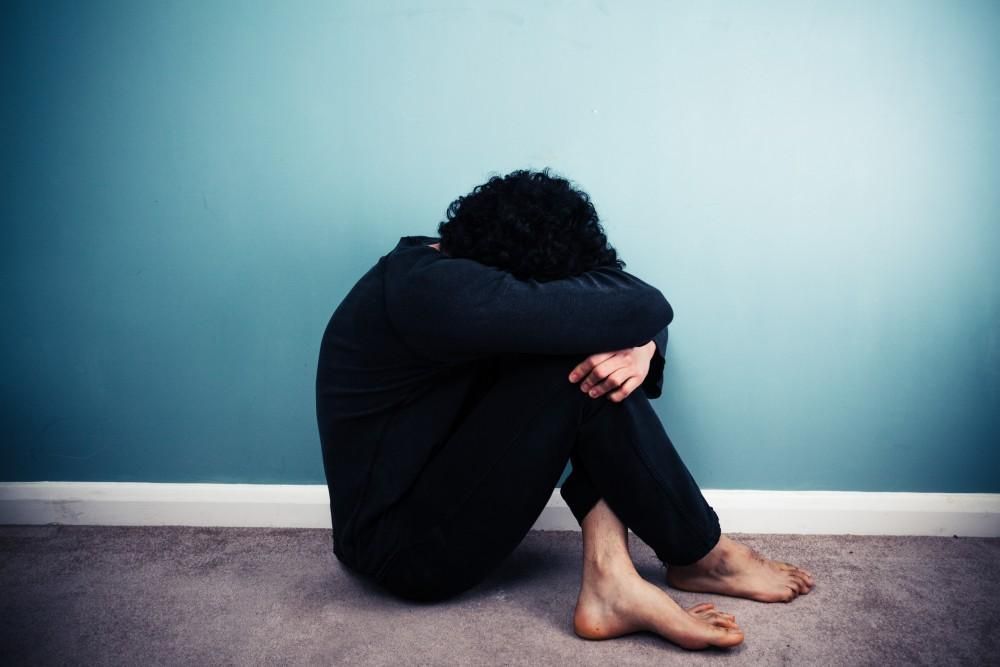Many of us experience some kind of traumatic event in our lives, but after some time we heal. When you or a family member deal with something so terrifying that the fear and pain never go away, it may be a sign of post traumatic stress disorder, or PTSD.
At Carolina Wellness Psychiatry, our skilled doctors are well equipped to help you and your loved ones deal with the aftermath of a traumatic event. With the right tools from our doctors arsenal, and with your support, it’s fully possible for your loved one to begin the path to recovery.
How to recognize PTSD
Traumatic events vary from one person to another and can affect people in different ways. Events can be anything from domestic violence, military combat, or childhood abuse, among many other things.
If you have a loved one who you suspect may be dealing with PTSD, one of the first things you can do to help is to educate yourself about the disorder and to recognize the symptoms when they occur. Your loved one may exhibit signs of fear, anxiety, anger, and guilt after the event. These are all normal emotions after living through their experience, but it is not normal for them to persist for extended periods of time.
You should also keep an eye out for some specific PTSD symptoms, which include:
- Nightmares
- Severe anxiety
- Flashbacks of the trauma
- Uncontrollable thoughts
- Intrusive memories
- Avoidance behaviors
These symptoms can last anywhere from months to even years after the inciting event and can seriously interfere with the person’s daily life — and yours.
Helping your loved one cope
Once you and your loved one have recognized that PTSD is what you’re dealing with, you can do a number of things, including:
Sit back and listen.
Be sure to tell your loved one that you’ll be there to listen anytime they need to talk, but don’t try to force a conversation — let it evolve naturally. Just knowing you’re there when needed can have a positive impact.
Create a sense of calmness and trust.
By creating routines that help minimize the amount of stress your loved one is dealing with at any given time introduces a much-needed atmosphere of calmness. You can also help build trust by talking positively about your future together and making plans for what you’ll do.
Give them support and safety.
Just being there for your loved one and supporting them throughout the disorder is a huge step in the healing process. Comforting them when they need you the most can help them overcome some of their feelings of depression and grief, and knowing that you’ll be there for them through even the worst times can give them a sense of security.
Plan activities together.
Exercise and social interaction are very important in the management of PTSD, especially the latter, as your loved one may feel isolated by the disorder. Whether it’s a bike ride, a movie night, or dinner with friends, find out what they can handle and go for it!
Steer clear of triggers.
No matter what trauma caused your loved one’s PTSD, triggers are something that can really throw them into a tailspin. You can help by anticipating what may trigger memories of the event, such as sounds, smells, or sights, and by creating a safe place away from those things that they can go to when everything gets too much.
If at any time your loved one talks about suicide or thoughts of hurting themselves, you should immediately seek help. PTSD can really take a devastating mental toll, and getting them help early can save their life.
Taking care of yourself
Helping a loved one deal with PTSD can be emotionally draining and take quite a toll on you, as well. One of the best things you can do for both of you is to make sure you’re taking care of yourself too. Things you can do to stay calm and healthy include:
- Make time for yourself — reading, a bubble bath, a walk, etc.
- Keep tabs on your own mental health
- Continue to enjoy your hobbies
- Get some exercise
- Remember to celebrate the good things
It can be mentally exhausting supporting someone with PTSD, and if at any point you find yourself feeling sad or hopeless more often than not, be sure to get yourself help as well.
If you or someone you love wants to get a definitive diagnosis or is ready to get help for PTSD, call our office at 919-446-3232 or book an appointment online today.




